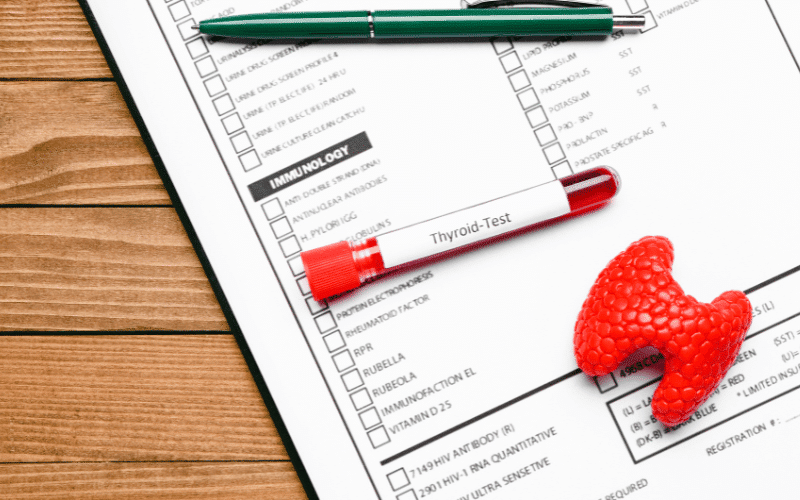4. Thyroidectomy Preparation: The Calm Before the Storm

The preparation for a thyroidectomy isn’t a hasty process. It involves several steps, each intending to ensure the procedure goes as smoothly as possible. From diagnostic tests to discussions about anesthesia, each step is crucial in its own right.
Firstly, there are the preoperative evaluations. Doctors conduct a series of tests, including blood tests and imaging studies like ultrasound or CT scans. The goal here is to assess the thyroid gland’s status, identify any abnormalities, and map out the surgical plan.
Next, the discussion about anesthesia happens. General anesthesia is the norm for thyroidectomy, implying that you will be asleep during the operation. An anesthetist or anesthesiologist will discuss the process with the patient, explaining the procedure and discussing any potential concerns related to allergies or previous experiences with anesthesia.
Depending on the type of thyroid disorder, some patients may need to follow a specific dietary or medication regimen. For instance, individuals with Graves’ disease might need to take antithyroid medications before surgery to minimize the risk of thyroid storm, a life-threatening condition that can occur when severe hyperthyroidism is not controlled.
There’s also the element of iodine preparation. Certain cases may require patients to consume iodine solutions for weeks before the surgery. The iodine works by shrinking the size of the thyroid gland and reducing blood flow, making the surgery less risky and more straightforward.
Lastly, there’s psychological preparation. An impending surgery can stir up a whirlwind of emotions. Healthcare teams often equip patients with resources to cope with pre-surgery anxiety, ranging from information pamphlets to counseling sessions. The aim is to ensure the patient feels supported, informed, and ready for the journey ahead. (4)